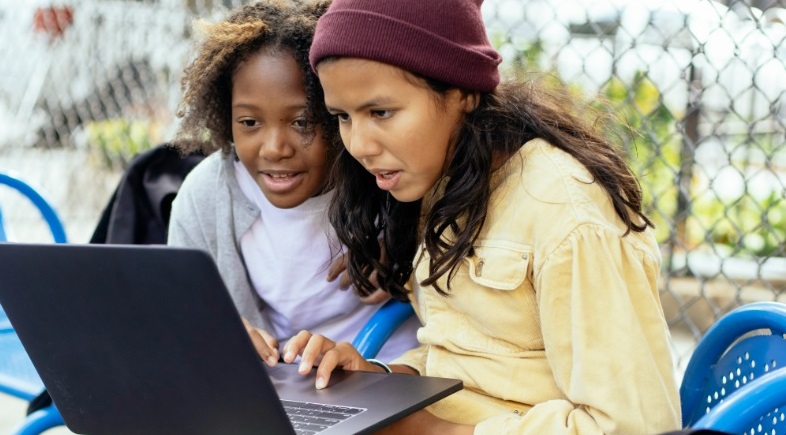How much screen time is ok for my child?
Advice from the World Health Organisation (WHO) and The American Academy of Paediatrics suggests that children aged between 6 and 10 should have a 90-minute daily limit on time spent in front of screens.
A limited amount of child-friendly screen time can be educational, but it’s important to ensure the content is appropriate for your child’s age.
